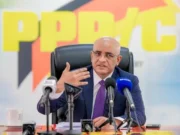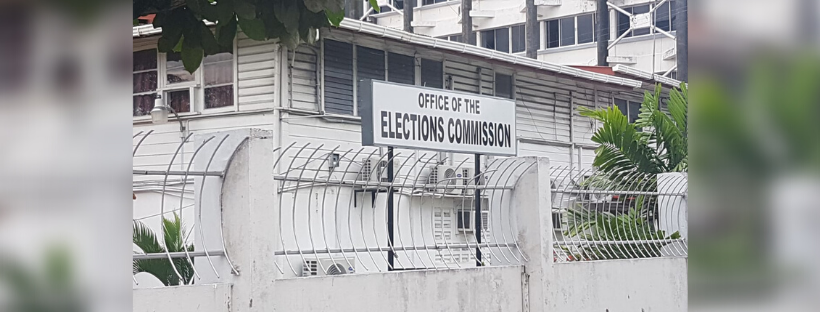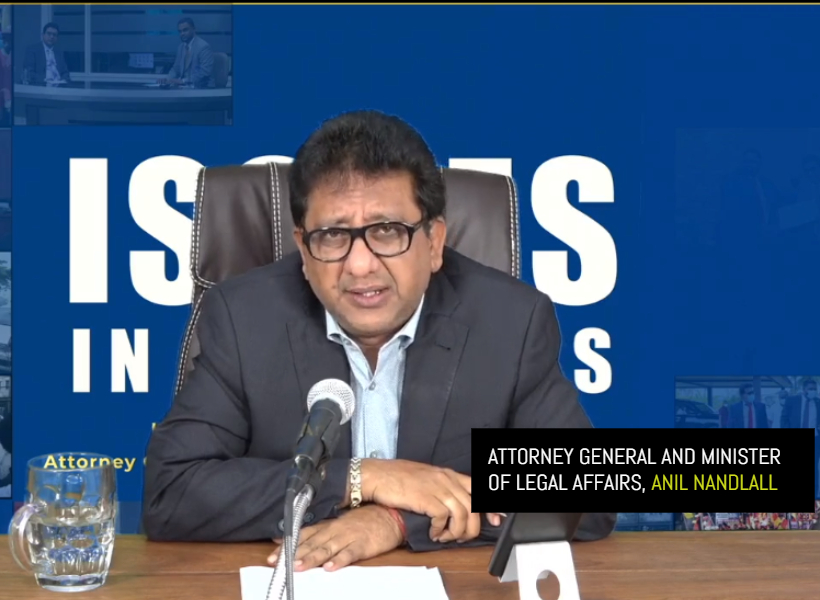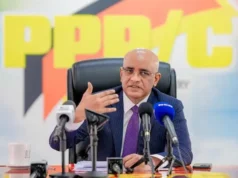The Police Service Commission (PSC), though being short one member, can still function, says Legal Affairs Minister and Attorney General (AG), Anil Nandlall, whose “clarification” comes amid criticism and litigation from the main parliamentary opposition.
Earlier this week, Opposition Parliamentarian and attorney-at-law, Roysdale Forde along with lawyer, Selwyn Pieters, filed a Fixed Date Application (FDA) challenging the “unconstitutional” appointments of the members to the PSC and the Integrity Commission.
The contention is that the appointments were done without “meaningful and substantive consultation with the Leader of the Opposition” as is required under 210 (1) and 232 of the Constitution. Further, there is an argument that the PSC has a member short which renders the commission “not fully constituted” and therefore cannot act. But Nandlall contends that the argument is “deeply flawed”.
“Now, I will concede – and we never argued otherwise – that the Police Service Commission is not fully constituted, because it has four of the five members required by the Constitution. But to argue that the five members not being appointed and that renders the commission incompetent to act is a completely incoherent argument,” he said.
Nandlall further stated that each commission has a “quorate” number which enables it to act. This means that once there are enough members to have a quorum, the body can still function.
“The Police Service Commission is no different. Our Constitution specifically says that notwithstanding a vacancy existing in any of the service commissions, those service commissions, providing that there is a quorum – and there is a stipulated quorum – then those commissions can act,” he posited. The senior politician also argued that the Constitution makes it clear that the decisions taken by the Commission will not be affected by that vacancy.
“Now, that is a standard principle of law that exists in Constitutions across the world and in many corporate statutes. And it not only applies to our Constitution, [but] it applies to other various organs created by the Constitution,” he declared.
The AG added that it could not have been the intention of the drafters of the Constitution that a vacancy could potentially render constitutional bodies inoperable. “If that was so, then the Constitution would grind to a halt. The framers of the Constitution obviously recognized that because of different exigencies, you may not have a fully composed commission or body in every given case. And therefore, they have made provisions to allow those bodies and commissions to act notwithstanding there is an absence of a full complement of members,” he said.













